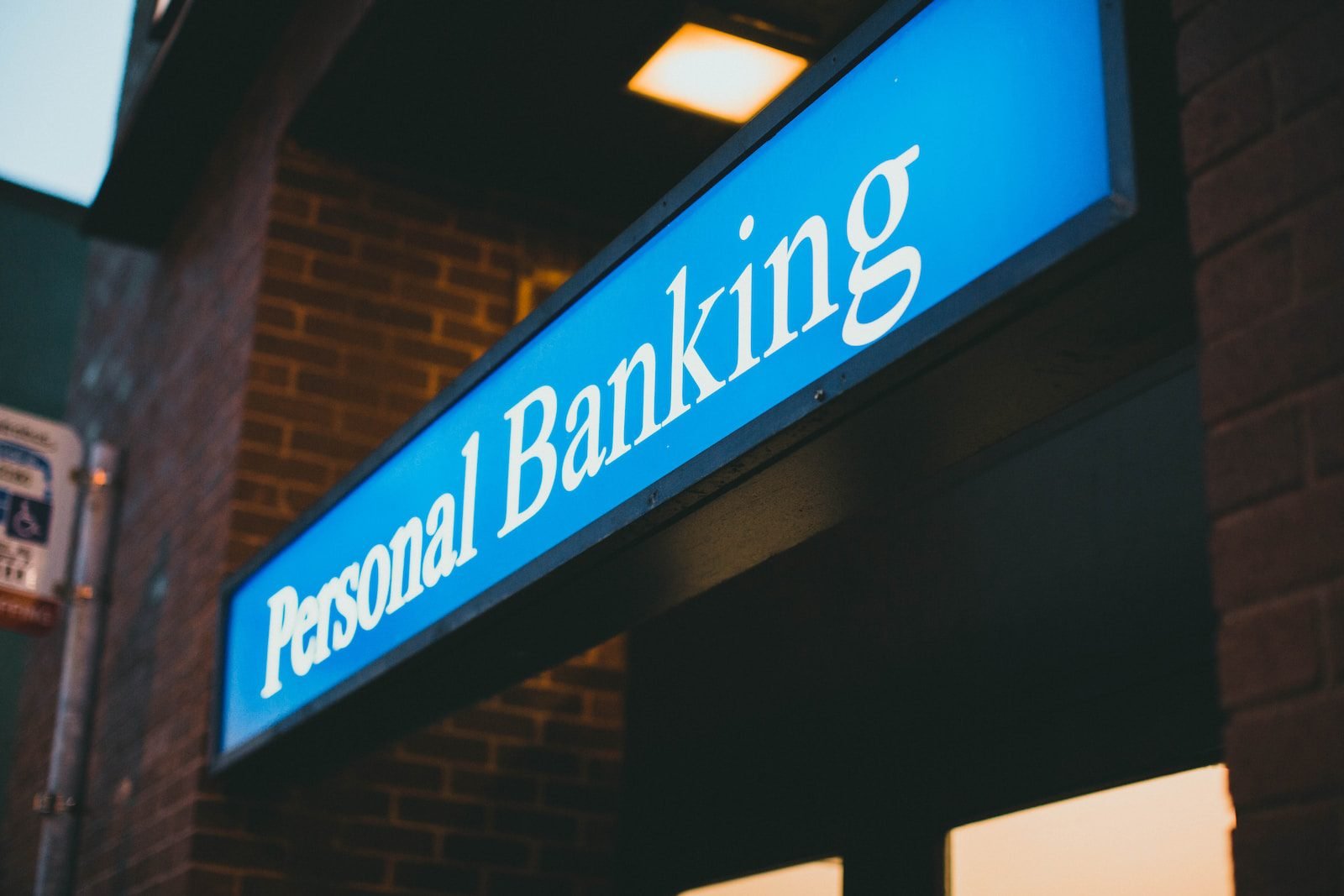First Citizens BancShares Inc. has agreed to purchase Silicon Valley Bank, which was taken over by authorities after a run on the lender, in NEW YORK.
According to a statement from the Federal Deposit Insurance Corp., the Raleigh, North Carolina-based bank entered into a buy and assumption arrangement for all of SVB’s deposits and debts. The agreement calls for the purchase of approximately $72 billion in SVB assets at a $16.5 billion discount.
The Federal institution also received equity appreciation rights in First Citizens worth up to $500 million, and around $90 billion in securities and other assets would remain in the receivership for the FDIC to dispose of. The statement claims that the failure will have cost the Deposit Insurance Fund roughly $20 billion, however the precise amount won’t be known until the receivership is through.
Frank Holding Jr., CEO of First Citizens, said in a statement, “This has been a fantastic transaction in conjunction with the FDIC that should instill confidence in the financial sector.”
This month, Silicon Valley Bank abruptly collapsed, becoming the largest US lender to fail in more than a decade, less than 48 hours after laying out a strategy to raise money. Due to the bank’s significant loss on the sale of its assets at a time when interest rates were rising, investors and depositors quickly started withdrawing their funds. Over $42 billion in withdrawal attempts were made by investors and depositors on March 9 alone.
In an effort to protect the uninsured savings of the bank’s starting customers, regulators had been rushing to secure a transaction for all or portions of the bank, but an earlier auction attempt failed to find a buyer.
After receiving “significant interest” from numerous possible buyers, the FDIC then prolonged the bidding process. The FDIC permitted parties to submit separate offers for Silicon Valley Private Bank subsidiary and Silicon Valley Bridge Bank NA, the company established by the FDIC when SVB fell into receivership, in order to streamline the process and widen the pool of bidders.
After the bank’s failure, US authorities took extraordinary steps to restore faith in the financial system, providing a new bank guarantee that Federal Reserve officials claimed was large enough to safeguard all accounts in the country.
After the Santa Clara, California-based corporation revealed intentions for an equity offering, acknowledged a $1.8 billion loss on the sale of securities, and reported a slowdown in funding at the venture capital-backed firms it supports, shares of SVB had fallen sharply. As firms like Founders Fund, Coatue Management, Union Square Ventures, and Founder Collective started encouraging their portfolio companies to move money out of SVB, the bank was compelled to abandon its attempt to raise cash.
Immediately following SVB’s failure, First Citizens put in an offer, according to sources with knowledge of the situation.
Some observers were perplexed by its interest in acquisition and questioned whether First Citizens had the resources to handle the second-largest bank collapse supported by the FDIC in American history. According to Federal Reserve data, Raleigh, North Carolina-based First Citizens was the 30th-largest commercial bank in the US by assets at the end of 2022.
But the bank has expertise purchasing failing competitors. Since 2009, it has acquired more than 20 banks with FDIC assistance by concluding a number of agreements in states like Pennsylvania, Wisconsin, and Washington.
Moreover, First Citizens completed the $2 billion acquisition of CIT Group Inc. last year.





